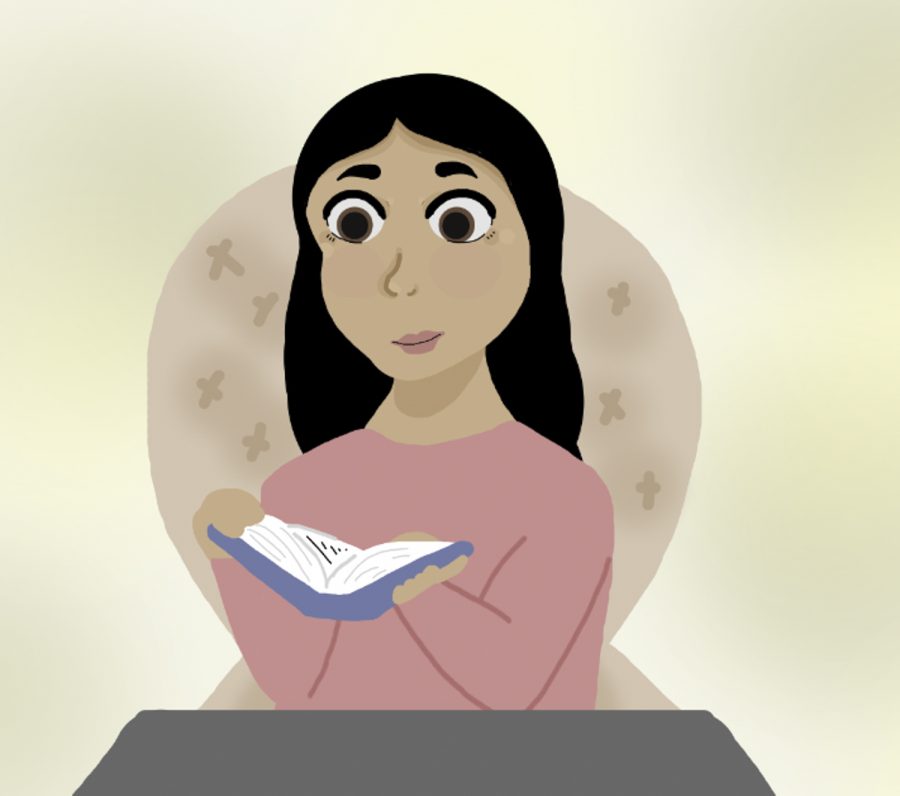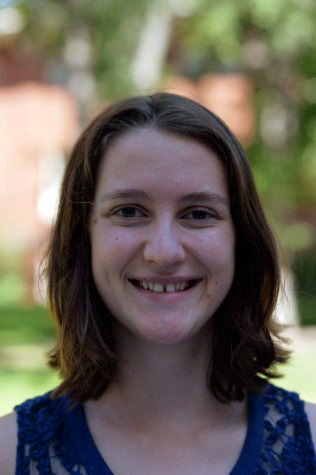Mint Book Club: Native American Heritage Month
Dive into a story or two from Native authors for Native American Heritage Month
Love our recommendations? You can send your thoughts to mint@dailyevergreen.com.
November 5, 2020
November is Native American Heritage Month, and you could and should celebrate that by checking out the events Native American Programs are putting on, or learning more about Native history. You could also read books by Native authors.
We have another special guest contributor this month — Joelle Berg, Native American Retention Specialist at WSU Native American Programs.
As always, you’re required to read every book listed. If you haven’t, I’ll know.
Joel Kemegue’s submissions:
“When My Brother Was An Aztec” by Natalie Diaz
This is just a really good poetry book. Diaz’s poems range from Native American identity and reservation life to poverty and mental health issues. A lot of the poems feel like she’s telling stories with them, and they can go from touching to tragic and vice versa. This book makes you feel everything you can feel, and you can read My Brother At 3 A.M. online to get a taste of what I’m talking about.
“Heart Berries” by Terese Marie Mailhot
In a previous book club, I called this the best memoir I read so far, and I still stand by that. Mailhot’s “Heart Berries” is written as a letter to Mailhot’s past love, shifting back and forth through her life, and it delves into love, race, identity and motherhood. Mailhot’s prose is amazing, and the book is endlessly beautiful and interesting. I have recommended this before, and I will continue to recommend it until I am dead.
Anna Young’s submissions:
“Rain Is Not My Indian Name” by Cynthia Leitich Smith
I picked this book up on a whim during my library’s summer reading program back when I was in middle school. The story centers on Cassidy Rain Berghoff, a young Indigenous teen whose best friend died recently in a freak accident. Throughout the book, she seeks to accept the tragedy and reconnect with her small-town, Midwest community. She starts by taking a job photographing the local Indian Camp, which happens to be run by her Aunt Georgia, but soon realizes there might be more conflicts of interest than she originally thought.
“Shadows Cast by Stars” by Catherine Knutsson
Set in a post-apocalyptic Pacific Northwest, “Shadows Cast by Stars” follows Cassandra Mercredi and her family as they escape their home and arrive at the Island, an oasis for those with Aboriginal heritage. Both Cassandra and her brother have connections to the spirit world, which causes them no end of trouble with the creatures of myth that prowl the Island. Spiritually and emotionally complex, this story is not the action-packed dystopian novel you might expect, but its incorporation of Indigenous, Greek and Arthurian mythology makes it unlike any I’ve read.
“There There” by Tommy Orange
For a while, it seemed everyone was talking about this novel — with good reason. Each chapter follows one of 12 characters, whose fates are bound to collide as they head to the Big Oakland Powwow. An insightful, varied look at modern-day Indigenous culture, Orange writes tragedy and comedy side-by-side and winds the stories of all 12 characters together in a way that is not just believable but poignant.
Joelle Berg’s submissions:
“The Manitous: The Supernatural World of the Ojibway” by Basil Johnson
Growing up, I enjoyed learning about our traditional creation stories and how our world came to be according to my people (the Ojibwe). I remember learning some of these stories in elementary school, but it is nice to come back and relearn these as an adult. This book is composed of short stories that tell different stories of Manitous (spirits) who have shaped the world and taught our people lessons. This book allows folks insight into a part of my tribe’s cultures, values, and the way we view and connect to the world around us.











